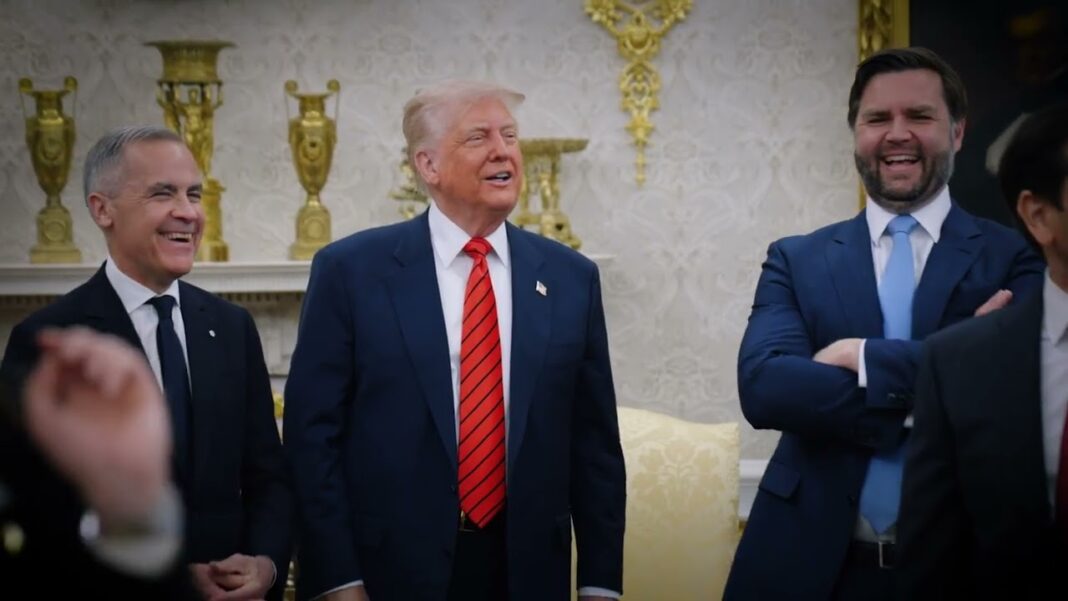News Analysis
After U.S. President Donald Trump signed his megabill into law last week, focus has shifted to international trade as this week marks the deadline for countries to reach deals to avoid tariffs.
“There are going to be tariffs,” Trump said on July 7. “I think we’ll have most countries done by July 9th, either a letter or a deal.”
Trump had announced the imposition of “reciprocal” tariffs against U.S. trade partners in April, on a date he dubbed “Liberation Day.” The tariff disruption was followed by a global crash in markets, and soon after the Trump administration said the tariffs would come into force after a 90-day pause to allow time for negotiations.
That pause will expire on July 9, and the White House said deals will soon be announced in the cases where agreements have been reached. Otherwise, countries without deals have started receiving letters from Trump indicating the level of duties that will be imposed on their imported goods.
Trump released letters addressed to the leaders of multiple countries on July 7, such as Japan and South Korea, advising them of the 25 percent surtax they will face starting on Aug. 1. The president encouraged the countries to move production to the United States to avoid tariffs and said the duties will increase if they retaliate. Other countries like Laos and Myanmar face a higher rate of 40 percent.
Markets again started reacting negatively to the news.
Canada and Mexico had been spared from Trump’s reciprocal tariffs announced on April 2, given the two have been under previously announced tariffs related to U.S. concerns around border security, illegal immigration, and drug trafficking. Those tariffs have a 25 percent rate for goods and a 10 percent rate on energy, with exemptions for items covered by the United States-Mexico-Canada free trade deal.
Prime Minister Mark Carney said at the time that Canada had got the “best deal of a series of tough deals” in being spared additional tariffs. Canada is also affected by universal U.S. tariffs on steel and aluminum, and on cars and auto parts.
The impact of the July 9 deadline for countries to reach deals with the United States has no direct technical impact on Ottawa’s own trade situation with Washington.
By Noé Chartier








